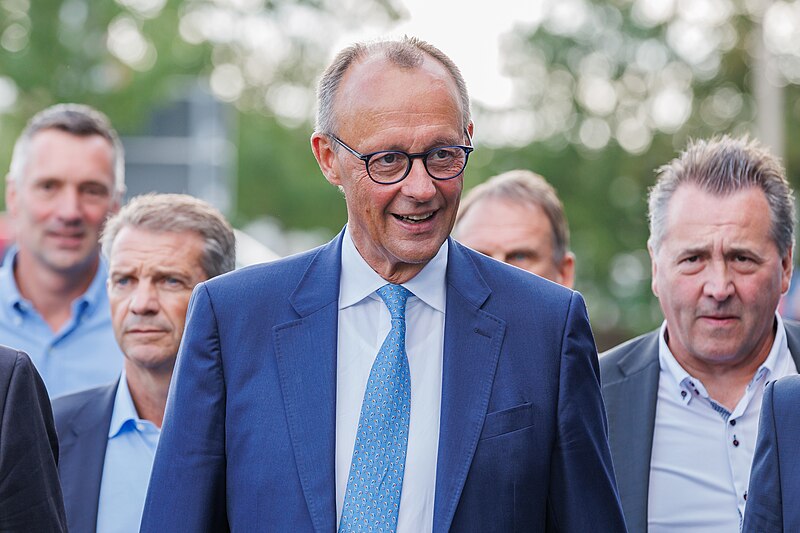
The conservative alliance of the Christian Democratic Union (CDU) and the Christian Social Union (CSU) emerged victorious in Germany’s national election, securing 28.5 percent of the vote.
This result positions their leader, Friedrich Merz, as the frontrunner to become the next chancellor, according to Reuters.
For the first time in a national election, the far-right Alternative for Germany (AfD) claimed second place with 20 percent of the vote. However, its chances of entering government remain slim, as all mainstream parties have ruled out forming a coalition with the party.
Chancellor Olaf Scholz’s centre-left Social Democrats (SPD) suffered a historic defeat, recording just 16.5 percent—the party’s worst result since World War II—according to an exit poll from public broadcaster ZDF.
The Greens secured 12 percent of the vote, while the pro-business Free Democrats (FDP) hovered around the critical 5-percent threshold needed to enter parliament, Reuters reported.
On the left, Die Linke won 9 percent, while the leftist BSW party narrowly cleared the 5-percent barrier required for parliamentary representation, as per ZDF’s exit poll.
With no party securing an outright majority, coalition negotiations will be necessary, potentially leaving Scholz in a caretaker role for an extended period, political analysts noted.
Sunday’s election followed the collapse of Scholz’s coalition government in November, triggered by a budget dispute between the SPD, the Greens, and the FDP.
The campaign was marked by intense debates over migration policy and was further influenced by vocal support for the AfD from figures in U.S. President Donald Trump’s administration, including Vice President JD Vance and tech billionaire Elon Musk, according to media reports. Photo by Steffen Prößdorf, Wikimedia commons.



































